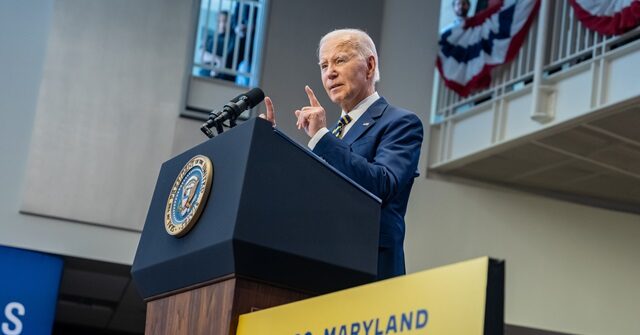On a recent episode of Fox News Channel’s “Fox & Friends,” Lindy Li, a member of the DNC National Finance Committee and former surrogate for the Harris-Walz campaign, expressed her belief that the economy is currently struggling under the Biden-Harris administration. Despite some reduction in inflation rates, Li argued that cumulative price increases have continued to burden consumers, significantly impacting their financial well-being. She highlighted the pervasive suffering among the American populace, suggesting that many are experiencing hardship due to the ongoing economic challenges.
Li emphasized that although inflation has decreased, the toll of previous price hikes remains a pressing issue for many families. She pointed out that even small gains in inflation relief can feel insignificant when weighed against the rising costs of essential goods and services that have accumulated over time. This situation, she asserts, has led to widespread dissatisfaction and calls for change, reflecting a growing desire among Americans for a shift in economic policy and governance.
Expressing a sense of optimism for the future, Li suggested that the United States might be on the verge of a new era of prosperity. She reflected that there’s a palpable shift in attitudes, noting an increase in public enthusiasm as people seem to be rallying behind the idea of a change in leadership. According to her, this sentiment is particularly pronounced regarding former President Donald Trump, whose approval ratings she claimed have surged, suggesting a renewed confidence among supporters.
Li’s remarks highlight a critical divide in the political landscape, as she openly acknowledges her identification as a Democrat while simultaneously recognizing a shift in public sentiment toward Trump. This duality of perspective indicates a broader trend of people across the political spectrum reassessing their views in the context of current economic realities. Her comments reflect the complexity of the ongoing dialogue about economic policy and governance, illustrating how partisan lines can blur when faced with tangible financial struggles.
The conversation surrounding the economy is not isolated but rather part of a larger narrative about the effectiveness of the current administration’s policies. Li’s assessment underscores the anxiety felt by many regarding job security, wage stagnation, and increasing living costs. These concerns resonate deeply with voters as they weigh their options ahead of upcoming elections, making economic performance a pivotal issue that is likely to shape political discourse in the coming months.
In conclusion, the dialogue surrounding the state of the economy under the Biden-Harris administration is characterized by increasing discontent among citizens. Even as some indicators, like inflation rates, show improvement, the lasting effects of previous price hikes continue to impact the daily lives of Americans. With emerging support for changes in leadership and governance, the stage is set for a potentially transformative period in U.S. politics. As the economy remains a central concern for many, the conversation is likely to intensify as the nation approaches critical electoral milestones.

